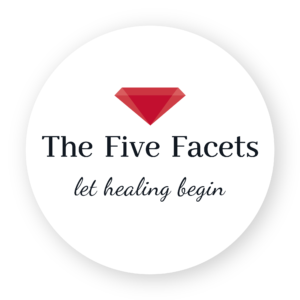My past, so to speak, the timeline upon which I base my present life, seems to begin and end five-and-a-half years ago.
The day I stumbled upon my husband’s second affair.
I grew up in a metropolitan city of progressive thinkers; a body of people largely moving forward.
I was always asking questions, never one to simply follow the masses. I guess those traits haven’t changed, given my recent experience of standing up for what I believe in.
I loved my new job and refused to tuck my tail between my legs and run home to Mommy and Daddy simply because my situation hadn’t gone according to plan.
For years, I faced questions like “Why the hellyou would move here?” and “Why the hell would you move to a place like this?” Even now, with grown children of my own, I still hear such questions when I tell people I was born and raised elsewhere.
As the pages of calendar years flipped by, I found one other resounding phrase that has echoed through my new community for generations.
Hurricane Agnes’ path of death and destruction in the U.S. began in Florida, with the greatest devastations occurring in the northeast regions of Pennsylvania, New Jersey, and New York. She was deemed the most costly hurricane on record, and as such, her name was retired less than a year after she made landfall.
“…since my husband’s last affair,” I recently heard myself saying, and that’s when it hit me like a flying house in a hurricane: I haven’t moved on as far as I thought I had.
Despite two other significant events that took place around that time—a hysterectomy, and quitting smoking after twenty-six-and-a-half years—I associate, first, my husband’s affair when referencing that time in my life.
I also recognize I am in a bit of a tricky situation, since I write about loss and healing. My experiences are what lend credibility to what I share, so the references are necessary from time to time. Even though, I can’t deny the obvious.
Elisabeth-Kubler Ross’ Five Stages of Grief is attributed to death and dying, but I believe we experience this random, haphazard sequence of effects after any form of loss. I comprehend how complex the grief process is, how the different issues we face intertwine, how they shift and take on different images as they disappear and then reappear in our lives.
I think it is important to recognize that healing doesn’t mean we forget, it doesn’t mean that the event no longer exists. And it doesn’t mean that we are unaffected by the occurrence that brought about our sadness.
Just as physical wounds often leave visible scars, so do emotional traumas. But when we heal emotionally, the event no longer holds us back, no longer restricts us or causes us chronic pain.
I distinctly remember saying, in the early days after my son’s death, “I don’t want to mourn him forever.” I had no idea what that meant, nor how I was going to achieve that goal, but one day at a time, I managed.
It wasn’t until I reached the ultimate place of healing—reconciliation of all of my conflicts—that I could identity where I had ultimately wanted to end up: I wanted to be able to celebrate my son’s life.
“This challenge is a “for worse.” And this I know: My marriage hasn’t been an illusion. This situation is a tornado in my life. The winds will die down, the dust will settle, and we will begin to rebuild a new life. A differentlife.”
And though I haven’t yet reached the point of knowing, unequivocally, what I do want, I know what I don’t want. I don’t want my legacy, my life to be forever branded, nor limited by The Affair of 2006.
